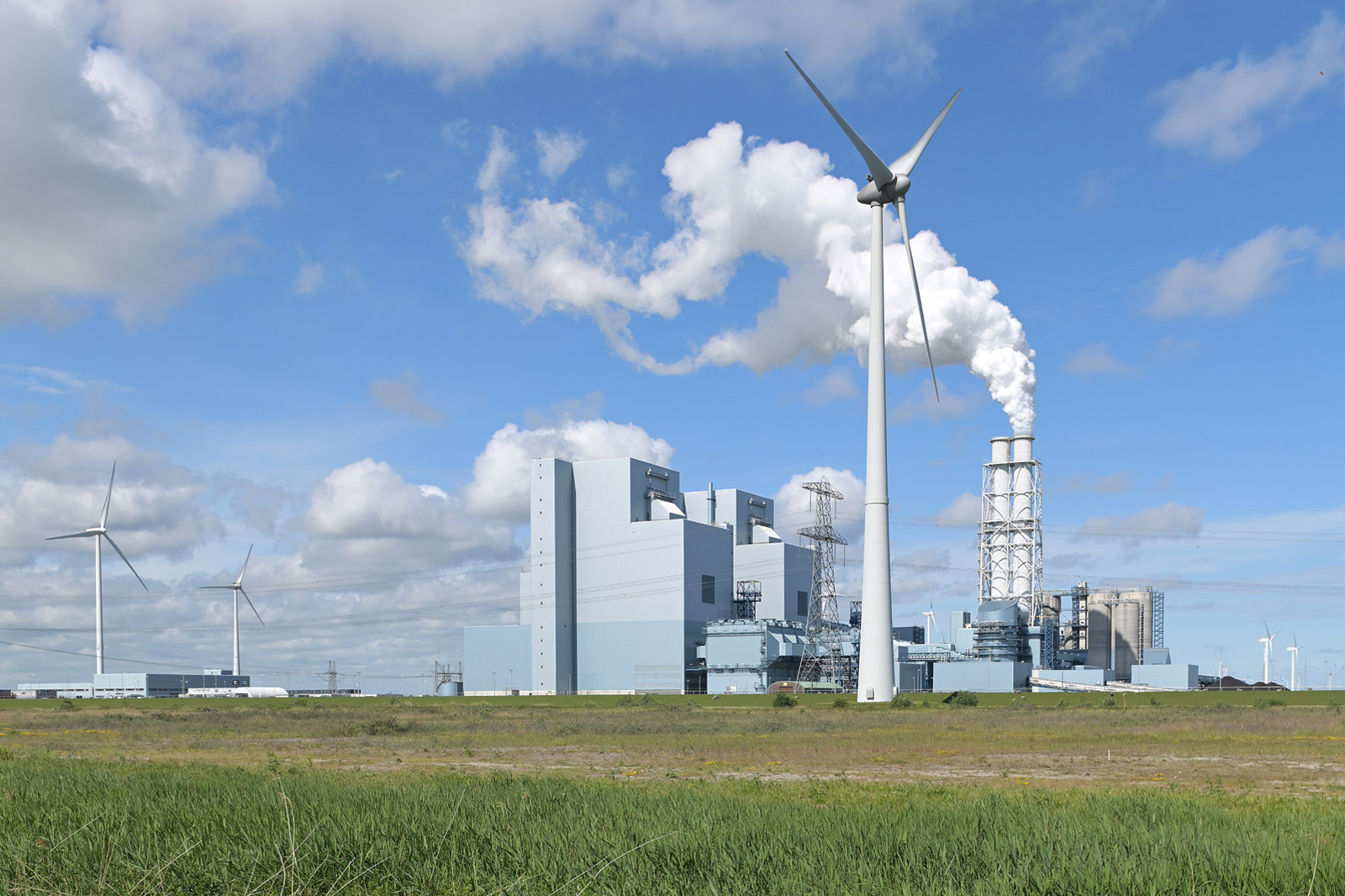Dutch government awards grant for electrolyser project at Eemshaven
29.08.2025


At the beginning of February, RWE filed a request for arbitration at the International Centre for Settlement of Investment Disputes (ICSID) in Washington under the Energy Charter Treaty. Today, Roger Miesen, CEO of RWE Generation, explained the reasons for this request to the Dutch Parliamentary Committee on Economic Affairs and Climate Policy: In 2019, the parliament passed a law banning the use of coal for electricity generation from 2030 at the latest. However, no compensation is provided for the resulting disruption to the property of affected companies. RWE rejects this and will also take its claim to a Dutch court in the near future.
In 2015, the Eemshaven power plant, which had been built on request of the Dutch government at the time, went into operation. RWE invested more than 3 billion euros in the plant. Due to the coal phase-out act and the fact that biomass as a substitute fuel is not economically viable without subsidies, RWE will not be able to operate the Eemshaven power plant profitably from 2030 onwards . Roger Miesen: “During the legislative process, we have offered a number of times to work together to find a solution which is suitable for both the Dutch government and our company. Should the Dutch government make appropriate proposals, we will continue to be willing to do so.” In other countries, such as Germany, parliament has granted compensation to the affected companies, based on the recommendations of an independent commission.
RWE, one of the world's leading renewable energy companies, is investing massively in wind and solar energy projects to drive the energy transition forward. By the end of 2022, RWE aims to expand its global renewables portfolio to more than 13 gigawatts of net capacity by investing 5 billion euros net. The company is also focusing on hydrogen projects and energy storage. At the same time, RWE is consistently reducing its CO<sub>2</sub> emissions with a clear goal: to be carbon neutral by 2040.